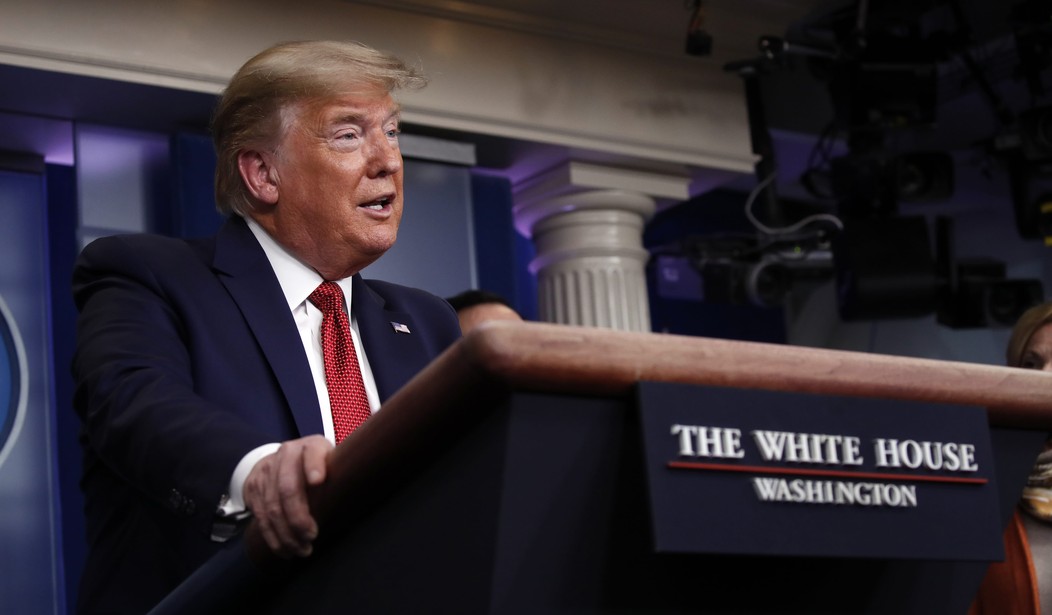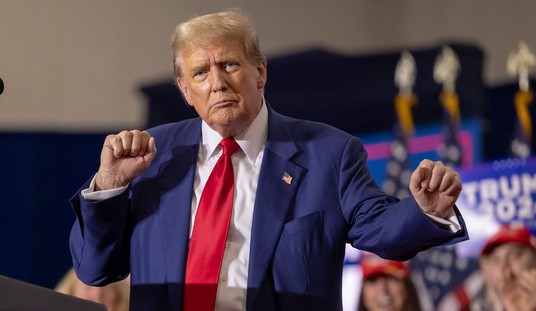Dr. Anthony Fauci said on CNN’s “State of the Union” that there were “intensive discussions” at the White House by the coronavirus task force before deciding not to issue a quarantine for New York, New Jersey, and Connecticut.
Fauci, the director of the National Institute of Allergy and Infectious Diseases, said they were reluctant to cause “a bigger difficulty,” and instead issue a travel advisory for the New York metro area.
“After discussions with the President we made it clear and he agreed, it would be much better to do what’s called a strong advisory. The reason for that is you don’t want to get to the point that you’re enforcing things that would create a bigger difficulty, morale and otherwise, when you could probably accomplish the same goal,” Fauci told CNN’s Jake Tapper.
Fauci said about 56% of the country’s new infections are coming from the New York City area.
You’d need a strong military presence to enforce any quarantine. And the area to quarantine is huge. There would likely be resistance from some people, making a quarantine more trouble than it was probably worth.
The Centers for Disease Control and Prevention issued the travel advisory Saturday, urging residents of the three states to “refrain from nonessential domestic travel for 14 days effective immediately.” The states would have “full discretion” on implementing the advisory, which exempts employees in critical fields.
“What you don’t want is people traveling from that area to other areas of the country and inadvertently and innocently infecting other individuals,” Fauci said. “We felt the better way to do this would be an advisory as opposed to a very strict quarantine. And the President agreed, and that’s why he made that determination last night.”
The travel advisory is fairly strict. The only people it exempts are “employees of critical infrastructure industries, including but not limited to trucking, public health professionals, financial services, and food supply,” the CDC said in its memo.
If more people who were infected with the COVID-19 disease were dying, a quarantine might be unavoidable. But with most people who contract the disease only suffering mild or moderate symptoms, and the mortality rate still low, it made sense not to impose a quarantine that might not be enforceable anyway.










Join the conversation as a VIP Member